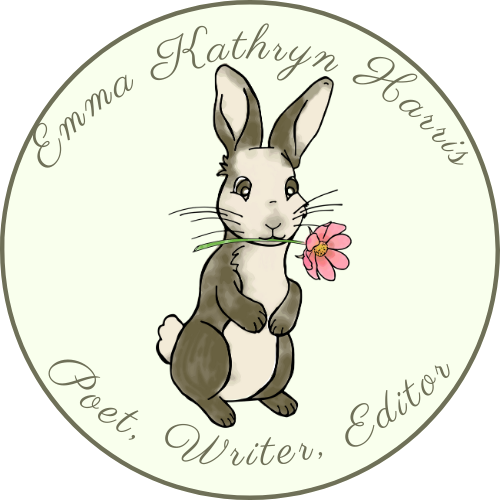Keep a notebook. Travel with it, eat with it, sleep with it. Slap into it every stray thought that flutters up into your brain. Cheap paper is less perishable than gray matter. And lead pencil markings endure longer than memory.”
Jack London, Novelist
My memory lately is not as reliable as I remember. Though I will never admit to the aging process as a cause or the unpleasant menopause transition I am experiencing (though I hear you can blame menopause on everything), I do know that my stress and endless to-do list contributes to my occasional lapse in the things I need to remember. I tell people my brain is stuffed with knowledge and it takes me time to get to the right files, but we all know better.
When we shift from one activity to the next, we forget what comes in between.
This is challenging for writers. When we have an idea — a creative “aha” moment — it behooves us to write it down quickly lest we forget that brilliance when we need it. It sounds great in our head, but it lacks luster and detail when we try to recall it at another time.
I am surrounded by notebooks and pens. I have several notebooks in my office, a notebook by my bedside for that late night epiphany, a notebook in my purse (I pull over to write if I’m driving, I assure you), and notebooks in just about every room in the house.
Why the old-fashioned notebook is still necessary
We cannot always control our inspiring thoughts. We cannot tell our creative brain to pause until we are ready or can reach our computer to flesh out 5,000 words. Creativity hits us at every turn — when we visit the supermarket, when we are pumping gas, when we pick our kids up at school, when we listen to a podcast — and we instantly have an idea for a poem, book, or story, or we think of an essay to draft, or have finally figured out our novel’s title or heroine’s name.
Jotting down our ideas allows us to tackle them fully when we have time to sit down and make sense of our scribbles.
I observe a lot of things — people, nature, crazy conversations — and sometimes elements stand out to me that I think I might use later. Whether for my newsletter, poetry, or something random, my writing is pulled from real life. I log my observations, which I later translate into what I need.
Not everything we write down we will use. We may never use it. But it is nice to have, just in case.
Have you ever figuratively kicked yourself when you thought of an idea, you did not write it down convinced you’d remember it, and now it is lost and gone forever?
Writing introspections down, however, helps us remember them. Seeing text with our eyes sends a message to our brain, which then retains the information. It’s similar when we see images or videos — we remember the messages longer because images have a powerful effect on us.
But what if you are driving? Or you are in the shower (where, oddly, sometimes the best ideas appear in our brain)?
One trick you could do is talk about your idea out loud. Talking about something helps us remember. And then, once you have a safe, dry, spare moment, write it down.
“The notebook is the place where you figure out what’s going on inside you or what’s rattling around. And then, the keyboard is the place that you go to tell people about it.”
Austin Kleon, author
Joys of writing
I write my poetry, mini essays, journal entries, and short stories by hand. Yes, it takes longer than typing. I can keep up with my swiftly moving thoughts by typing.
But I have also realized that longhand slows down my thoughts. I seem to articulate better. I capture more detail.
With my fast-paced, task-filled, speedily moving days, writing longhand is the one time I can catch my breath and write methodically. A notebook is also easier than a laptop to carry outside where I enjoy composing much of my work.
Writing by hand has also helped me to rekindle my love and joy of writing rather than seeing it from a business perspective. The computer reminds me I am at work. My notebook soothes me into simply loving my work.
Notetaking options
Not long ago when I was on my walk through the park, an idea suddenly arrived for a micro essay as part of a series I am journaling. But on my walk, I don’t carry a notebook. I have enough bulk in my pockets with my car keys and my phone.
On my phone, however, is a voice recorder app. So I sat on a bench and recorded my thoughts while they were fresh in my mind. My hope was that when I went to retrieve my entry that I would find it again. Because, well, electronics are not the most reliable.
Which, again, takes me back to the old-fashioned notebook.
But not everyone likes notebooks or carrying them around. Some prefer to use the aforementioned apps that can then translate your speech into text which you can download later.
Whatever works for you.
We have lost great ideas over the years because we never wrote them down. (Or we did on our computer, which then crashed, sending us crying to the supermarket for chocolate ice cream and a bottle of Moscato, not that I know anything about that.)
Notebooks can save our ideas and our writing in many ways. And can also remind us why we love to write when we slow down and enjoy the moment.
“I find a lot of writing happens when you’re not actually at the computer. So I carry a notebook.”
Noah Baumbach, filmmaker



